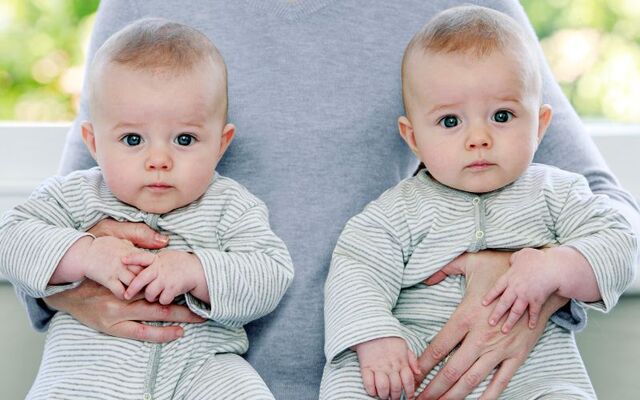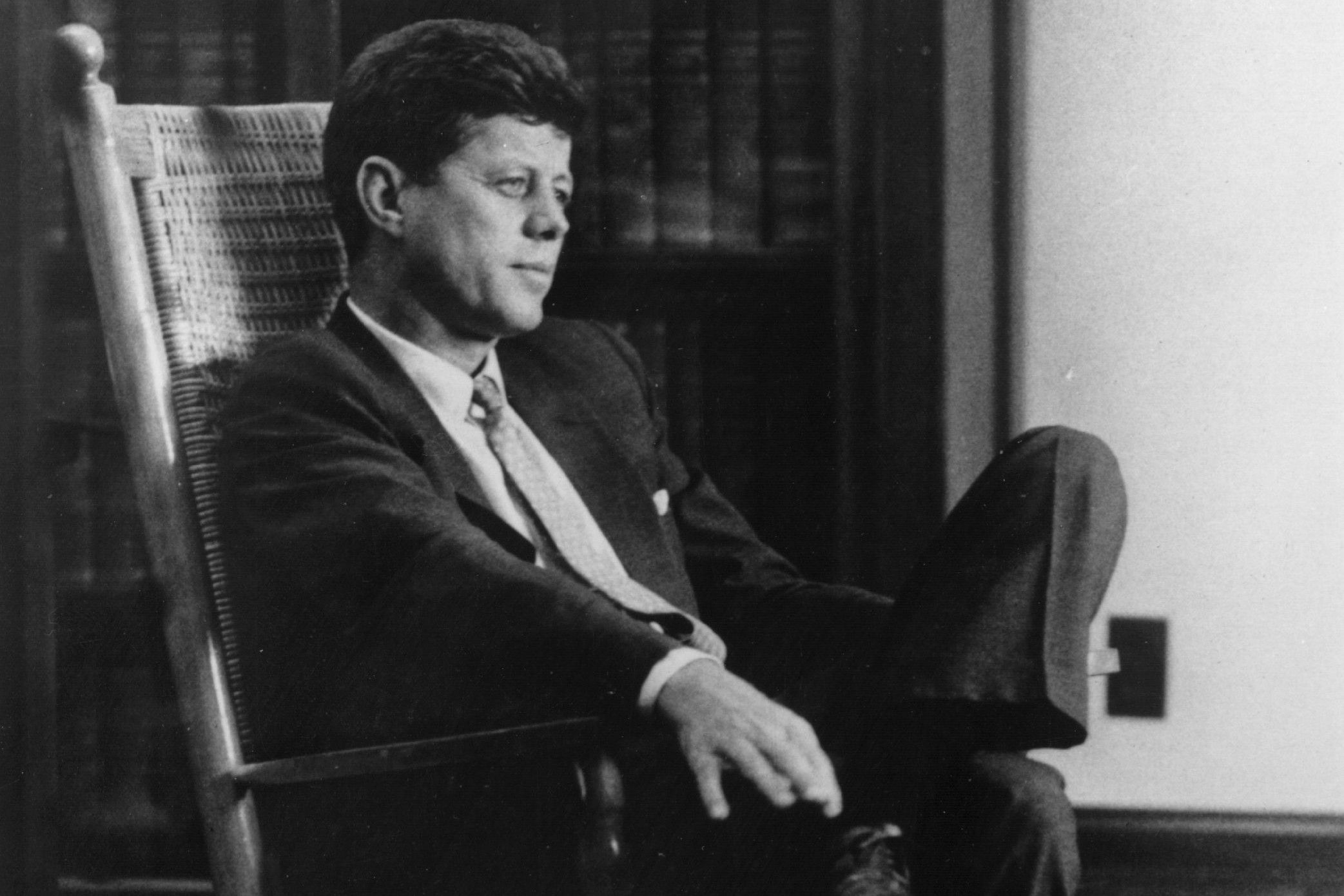Parents who study name data say that familiar choices are being replaced by fresh sounds and global influences, and that shift has left names with deep Irish roots at risk of falling out of use.
The trend is visible in a recent roundup of names described as “going extinct” by naming trackers and lifestyle outlets.
Maeve
Maeve is the most notable casualty for many Irish American families because it carries both myth and modern cachet. The name is anglicized from the Old Irish Medb and is associated with a powerful queen in the Ulster Cycle whose name has been glossed as “she who intoxicates” or “she who rules.”
While Maeve has enjoyed rising popularity in recent decades, commentators say even familiar hits can tumble quickly in a fickle market.
Cian
Cian is a short, consonant-forward name that connects directly to Gaelic legend and means “ancient” or enduring.
Once common in Ireland and increasingly used abroad as Kian or Kyan, Cian’s story is tied to the father of the god Lugh in Irish myth, which gives the name a deep cultural anchor that some worry will be lost as modern tastes move toward novel spellings.
Read more
Órla
Órla, often rendered Orla in English, literally means “golden princess” and carries medieval weight with recorded use among queens and nobles in Irish annals. The name has seen a late 20th-century revival, but now faces the same pressures pushing other traditional names aside, including the lure of celebrity-driven picks and globally popular syllables.
Sloan or Sloane
Sloan or Sloane began life as a surname from Ó Sluaghadhán and moved into first-name territory in recent generations. Its evolution from clan name to gender neutral given name shows how Irish naming has long adapted and survived, which means even an “extinct” label may be premature for names with such flexible histories.




Comments